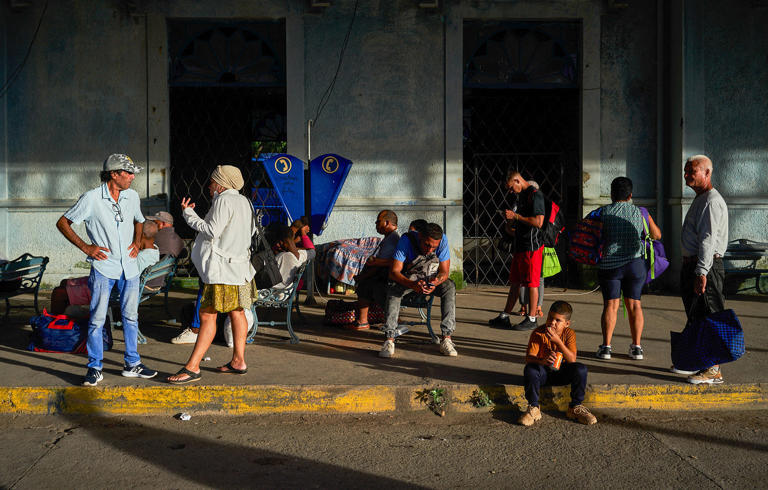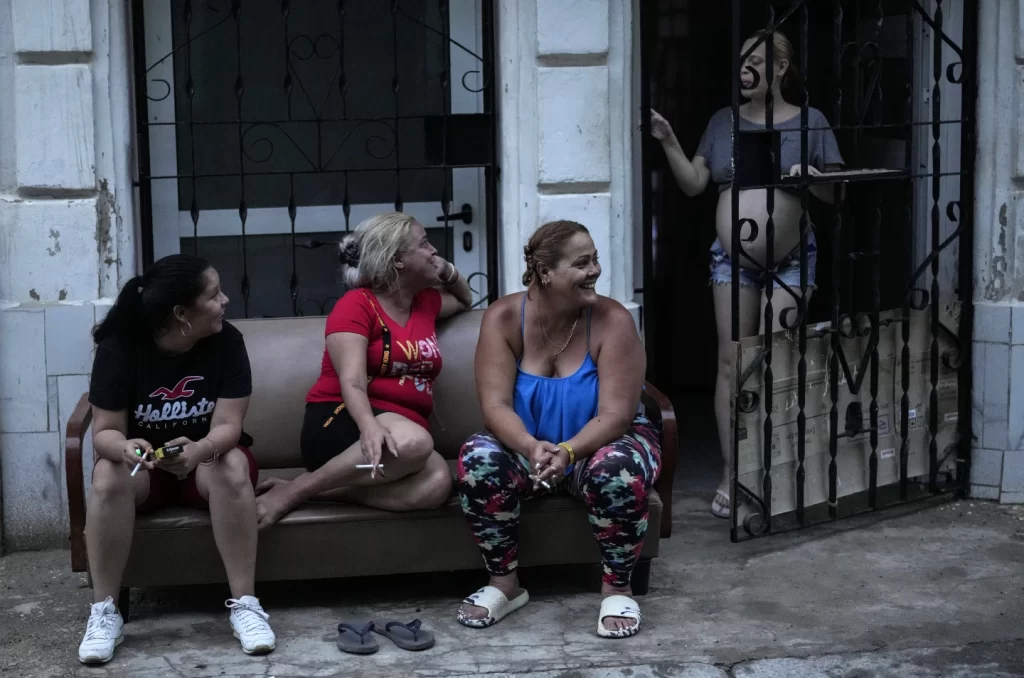Cuba has begun restoring electricity to parts of the island nation following its worst blackout in at least two years, which left millions without power for two days. Energy Minister Vicente de la O Levy announced on Saturday that the country’s electrical grid had recovered 500 megawatts of capacity, a fraction of the 3 gigawatts normally generated.

The minister reported via social media platform X that several substations in the western part of the country now have electricity. Two thermoelectric power plants have resumed operations, with two more expected to come online “in the next few hours.”
The blackout, which began Thursday evening and spread to the entire island by Friday morning, was triggered by the failure of a major power plant. Havana’s electricity company noted that parts of the capital were still experiencing outages due to the disconnection of a section of its western system.
The impact of the power outage extends beyond lighting, affecting critical services such as water supply, which relies on electricity to operate pumps. Cuba’s capital, home to 2 million people, remained unusually quiet on Saturday, with streets largely empty and homes relying on candles and lamps for illumination.

This blackout is considered Cuba’s most severe in two years, surpassing the extended outages caused by a Category 3 hurricane. The Cuban government has implemented emergency measures to reduce electricity demand, including suspending classes, closing some state-owned workplaces, and canceling non-essential services.
Officials reported that 1.64 gigawatts went offline during peak hours, representing about half of the total demand at the time. The outage has been attributed to increased demand from small and medium-sized companies and residential air conditioners, compounded by breakdowns in poorly maintained thermoelectric plants and fuel shortages.
The government is considering changes to electricity rates for small and medium-sized companies, which have proliferated since their authorization by the communist government in 2021.



